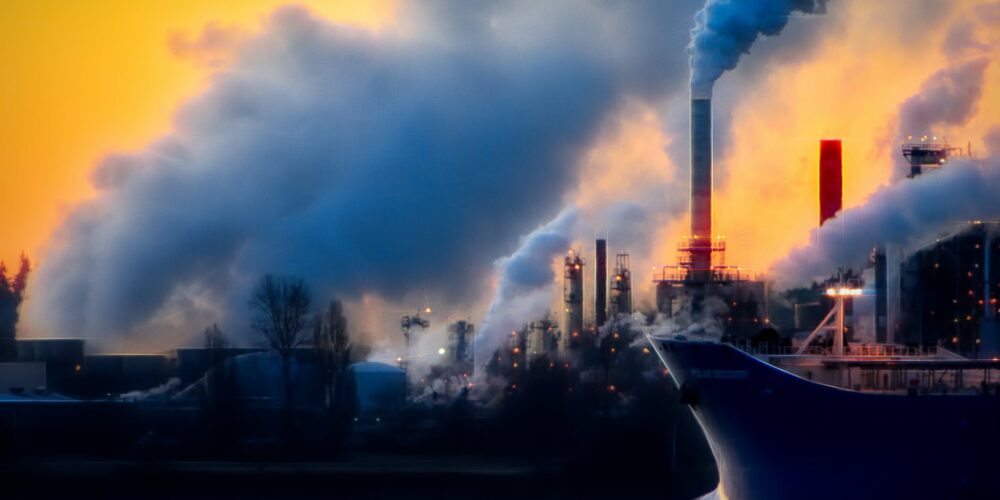Before the Industrial Revolution, human activity did not create new, global environmental conditions that could translate into a fundamentally different stratigraphic signal. Since then, however, the exploration of coal, oil and gas, in particular, has enabled worldwide industrialisation, construction, and mass transport, producing a wide range of changes that leave trace strata around the world.
It was found that increased erosion now exceeds the production of sediment by an order of magnitude. Carbon dioxide and methane levels are significantly higher than at any time in nearly a million years and are rising much faster than in any previous period. Mass extinctions, the migration of species and the replacement of natural vegetation with agricultural monoculture are changing the nature of the biosphere.
Increases in sea level may reach 10 to 30 metres for each 1°C increase in temperature, while the acidification of ocean water will have severe effects on coral reefs and plankton. Air pollutants from fossil fuels are responsible for chronic and acute illnesses, leading to a major increase globally in premature deaths.
Which of us can deny the obvious facts in front of our very eyes? Grass-cutting at Christmas time. Extreme cold weather in late May. Daffodils ready at New Year. These are what I see as I wake up in my local village in Dublin daily.
Why should one company in Co. Kildare use vast amounts of our public water resources and yet pay very little tax? Or, even more important, should it be allowed to operate in this country?
Yet this state blithely talks the talk, setting out targets, and everything is named “sustainability”—that new catchword, with the constant appropriating of the radical language of people’s movements for a revolution, and not reform, as those in the social-democratic political mainstream will advocate. The Paris Agreement of 2015 was typical window-dressing to make something look different when in fact it was a sop to us all.
Our state’s infrastructure needs to be reinforced with a new paradigm, with the first thought of, How will this enforce a lesser damage to our earth system? The massive building of public housing, built with the climate in mind, linked in to public transport and the proper use of public water; the introduction of solar panelling into the heating of public housing; using technology to serve the public interests in the building of the state’s infrastructure—these are just simple methodologies.
There is the constant media spin of consumerism and that we all have a part to play in how our earth system manages; yet the elephant in the room is increased global production, the constant build up of the military-industrial complex globally as if it exists on thin air by all countries.
Capitalism is killing the planet slowly; and the only way out of the catastrophe is socialism, based on human needs.






